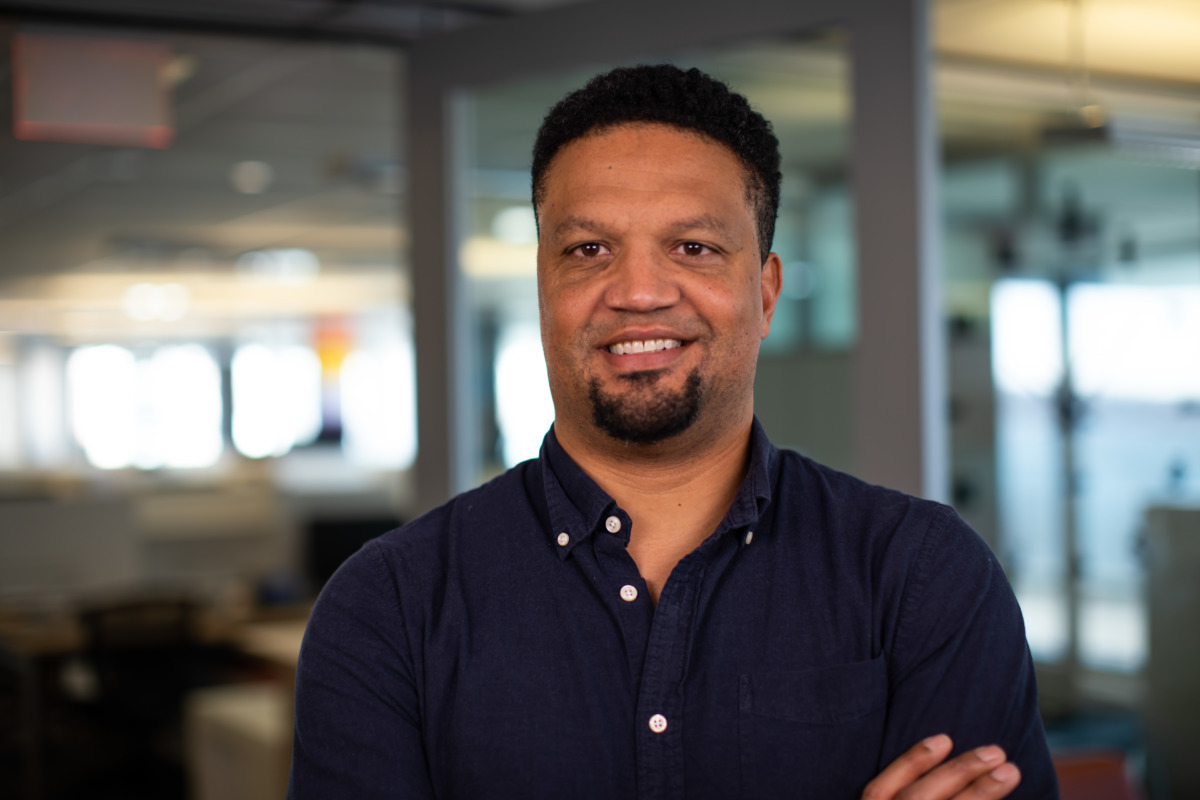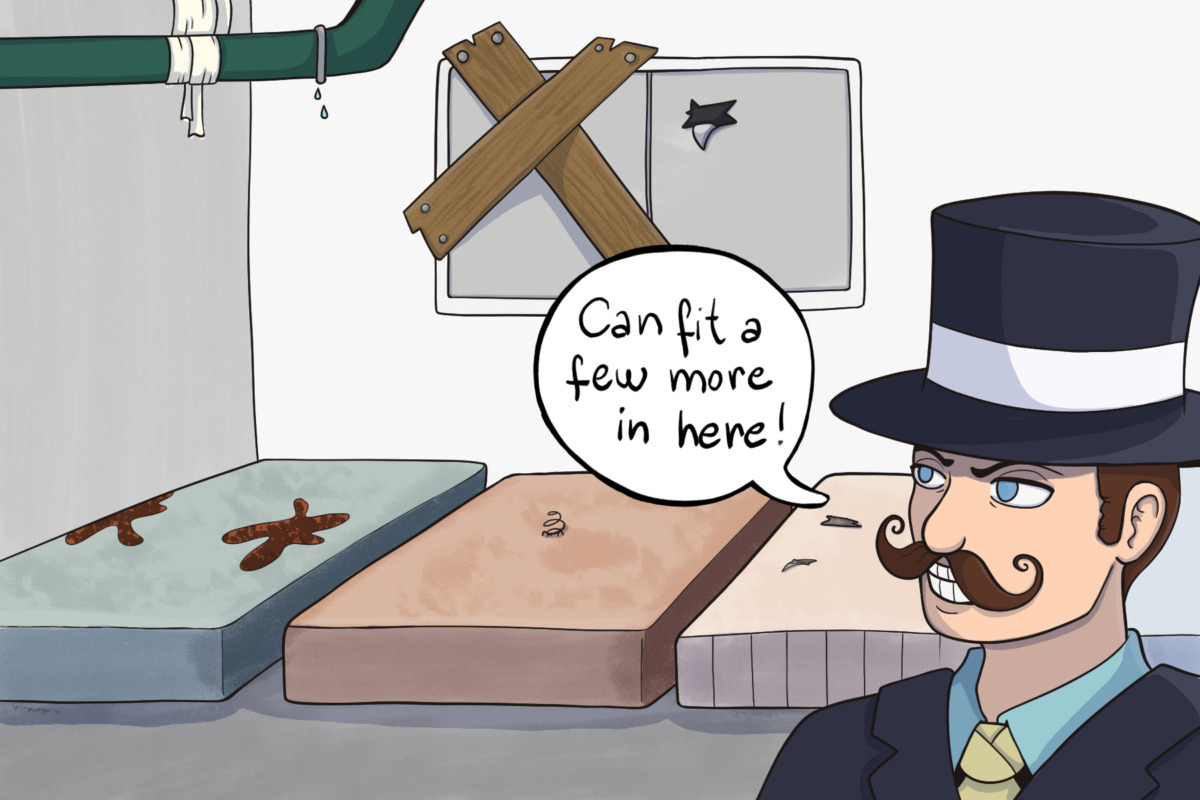This article is part of a series of Dialog stories profiling Black students, staff and alumni within the George Brown College community in recognition of Black History Month.
The challenges that a Black individual faces in society are multifaceted and layered, however, the one challenge that has been the hardest for Michael Avis, a professor-faculty facilitator at GBC, is being underestimated.
Avis says he was an underwhelming student in high school and was told early in life that his potential was limited. Since then, he’s focused on proving those voices wrong. He went on to earn three university degrees, including a Masters of Education from Kingston University in London, England, and has now been teaching at George Brown for over ten years.
“There have been many instances in my life where not much was expected of me, or as Dr. Martin Luther King Jr. calls the ‘soft bigotry of low expectations.’” said Avis. “I have felt that I have to often prove myself and prove that I belong.”
Avis is at the forefront of the exploration of integrating new learning technologies at the college. He has offered presentations on educational technology and pedagogy at a number of international conferences held in Canada, the US and Chile.
Avis is also on the Anti-Racism and Equity Advisory (AREA) Committee at GBC, and works on creating digital equity for underrepresented communities.
Avis’s current work at GBC as a professor and faculty facilitator at the Teaching and Learning Exchange (TLX) is largely focused on helping build an infrastructure and knowledge base for immersive and extended reality use at the college, to usher in new learning experiences for students using cutting edge technology.
“I try to find applications and hardware that I think will engage students and enrich their learning,” Avis said.
This can include virtual reality simulations, 360 degree videos, the use of 3D models for skills development – anything that could potentially help students feel more immersed and connected to the course content.
“Currently, we are working on some really exciting projects. One of them is Let’s Talk About Race, a virtual reality simulation that allows learners to practice having courageous conversations about race in a risk-free environment,” Avis said.
The first module of this project focuses on helping users identify racial microaggressions.
“Participants get to embody an avatar, learn about identifying microaggressions, and then witness themselves interceding and having a challenging conversation,” Avis said, describing one of the functions of the project.
“We really think that this type of virtual reality experience can help empower people to take a strong stand against racial insensitivity and bias.”
In another TLX project, Avis is part of a team that is using a software called Engage VR, where the goal is creating virtual learning spaces for student collaboration.
“Unlike Zoom, Collaborate, Teams or any other video conferencing tool, with Engage, students come together in a 3-dimensional environment, where they are physically around each other, and can move and speak like they are actually in the same space,” said Avis.
One of the goals that is close to Avis’s heart is empowering marginalized students by helping them attain a level playing field in the digitized industry.
“The digital divide is real. Racialized communities, specifically black and Indigenous youth, have less access to knowledge, hardware, applications, networks, and other resources and are therefore less able to compete in the digitized industry,” Avis said.
“One of the things I want to accomplish is to provide support and mentorship to students who may not necessarily see themselves represented.”


